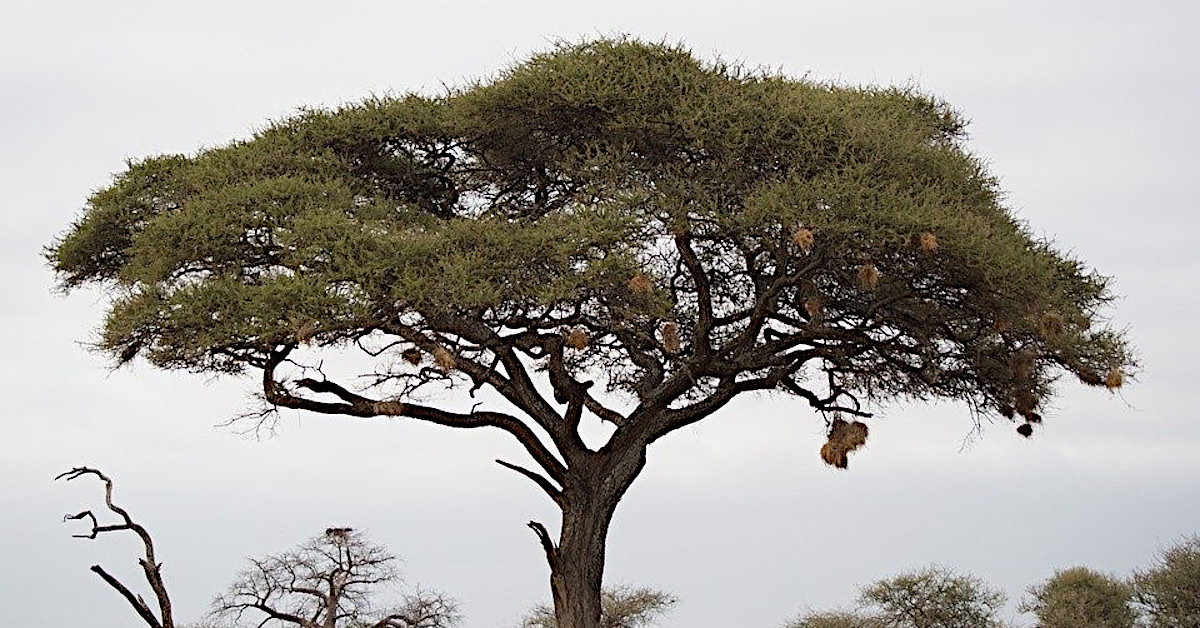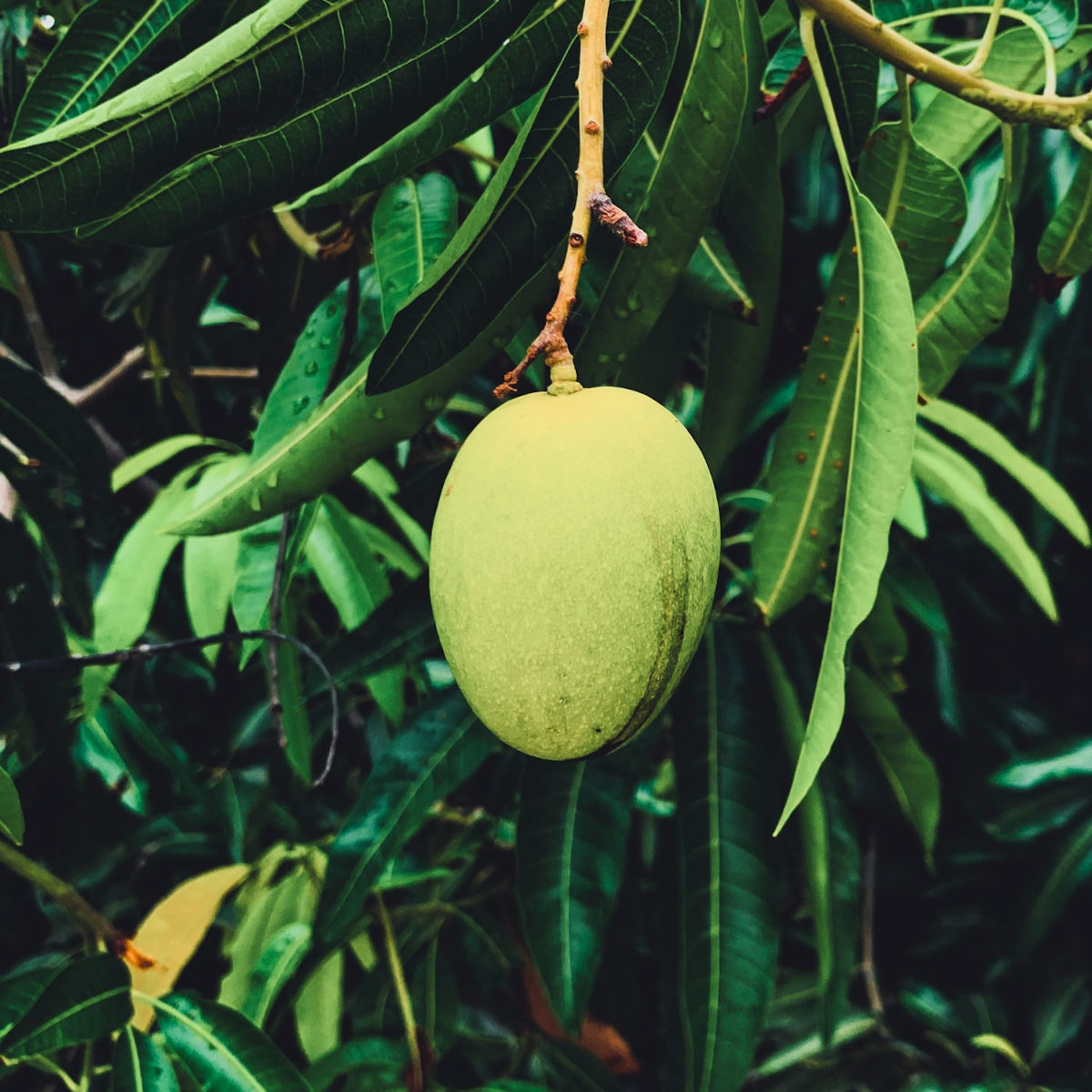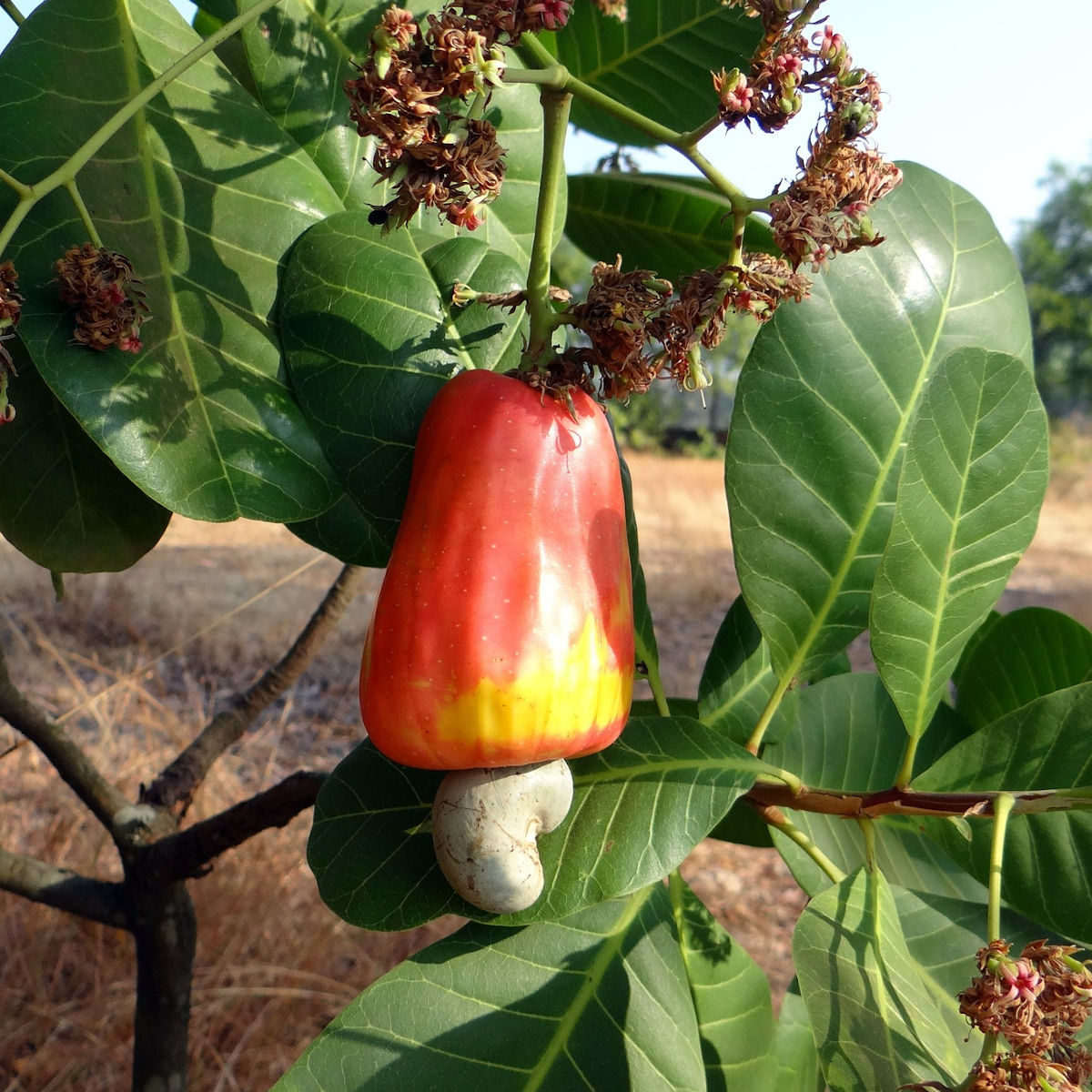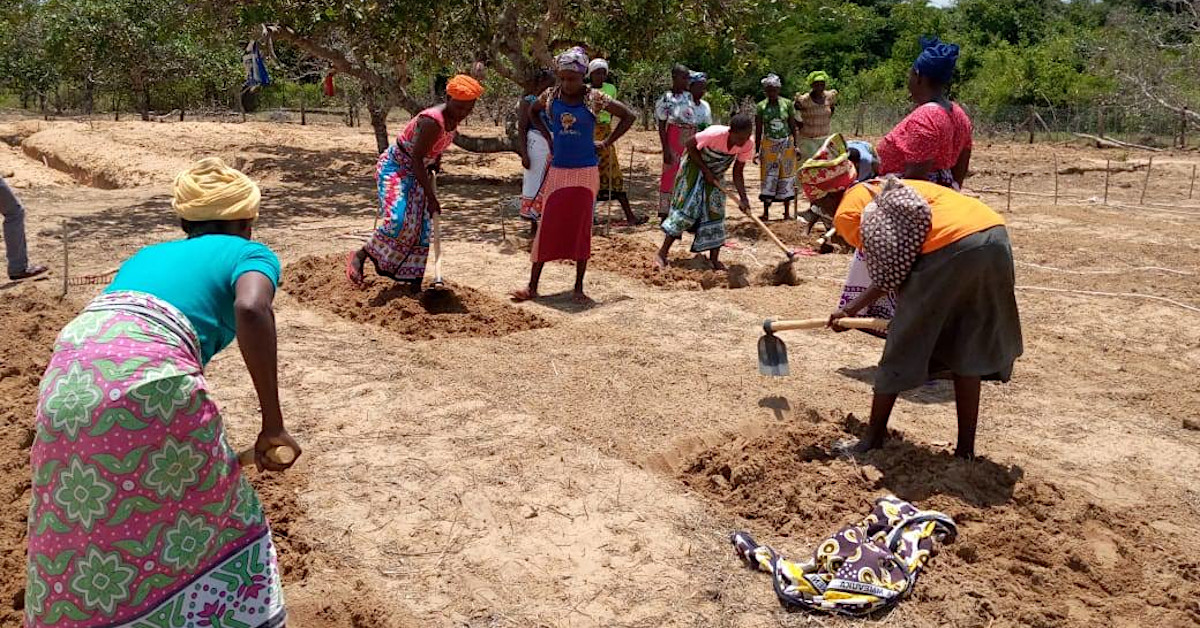Why is charcoal in high demand?
When wood is burnt in low oxygen conditions it produces charcoal. Once a highly available and affordable source of fuel, charcoal production is now banned in Kenya. This is a consequence of the large-scale deforestation that results from obtaining the wood and the high levels of carbon emissions produced when this wood is burnt. This environmental degradation simply cannot continue if Kenya’s environment is ever to recover. A third of Africa’s forests have already been lost, largely for charcoal production. In fact, the UN reports that Africa is losing forest twice as fast as any other continent.
As a main employer and energy provider, providing almost one million jobs, the charcoal industry plays a massive part in Kenyan life. The logging restrictions have not only increased the demand for charcoal but left millions of people without fuel for cooking and heating their homes. This dependency makes it unlikely that the ban will prevent forest degradation in the long-term. As charcoal burns more cleanly than wood and agricultural residues, burning charcoal in itself is not the problem; the problem is the unsustainable forest management that is driven by the charcoal industry. Producers rarely incorporate sustainable regulations and once an area of forest has been cleared, they move straight onto the next. This is mostly attributed to the financial pressure of maintaining an income coupled with a lack of awareness of the consequences of deforestation on the future of Kenya’s landscape.
Environmental impacts
Global deforestation accounts for 15% of all greenhouse gas emissions. The rate at which deforestation is occurring in the tropics reduces the ability of tropical forests to act as ‘carbon sinks’. When trees are logged and burnt they release the carbon they have stored throughout their lifetime into the atmosphere as carbon dioxide. This increases the severity of climate change by advancing global warming. Scientists believe that tropical forests could actually become carbon sources by 2060 if unsustainable charcoal production continues, whilst on a local scale the drier climate will reduce crop yields and tourism and intensify poverty levels.
Logging alters the structure of the plant community including what species are present, how they are distributed and their density. Certain species of tree, such as acacia, are more desired for their wood since the charcoal they produce burns for longer time periods, although once all of these trees have been removed, any remaining trees are logged regardless of the species. This decreases plant diversity and available habitat for wildlife which in turn drives extinction and leaves wildlife extremely vulnerable to hunting.

Clearing forests has knock-on effects on ecosystem functioning and resilience is reduced. Ecosystem processes such as water cycles and groundwater supplies are negatively affected. Since trees trap moisture and encourage cloud cover, a loss in tree cover causes the local climate to become drier. This only intensifies Kenya’s on-going water shortage.
The roots of trees anchor soil while leaf litter protects the upper layer, preventing it from being washed away by rainwater. When the trees are removed soil erosion can occur, preventing further growth on the land. This can result in charcoal producers using chemical fertilisers that harm the environment and wildlife, or cause them to move on and clear other forests, perpetuating the problem.
Moving towards a sustainable future
Currently, a considerable proportion of land used for charcoal production has the potential for forest restoration. Whilst it may take some time to move away from using charcoal as fuel and adopt alternative resources, making the charcoal industry more sustainable in the meantime will limit deforestation rates and give the landscape time to recover.
Ideas on improving the sustainability of charcoal production:
- Burning mature branches instead of cutting down whole trees.
- Obtaining wood from tree plantations that are grown exclusively for charcoal production rather than natural forests.
- Implementing sequenced rotation systems where trees are cut in a specific order to secure constant biomass and regrowth.
- Letting deforested land naturally recover through preventing grazing by livestock instead of immediate conversion to agricultural land.
- Undertaking research into more efficient furnace technologies with improved charcoal conversion rates.
- Raising awareness of the benefits to producers and communities of making the charcoal industry more sustainable.
Although these ideas exist they have yet to be widely established in Kenya and beyond. The transition to sustainable production will take time, funding and a social-cultural shift, especially around cooking.
What is The Word Forest Organisation doing to help?
Once there are no trees left to cut down, workers lose their income. Planting trees that bear fruit and nuts seasonally, such as mango and cashew trees, allows workers to secure a steady income. In addition, these trees store carbon and supply other ecosystem service benefits.


The Word Forest Organisation works with the local community and raises awareness of the importance of caring for trees, not only to create sustainable incomes, but to improve the local climate and environment. Setting up a women’s empowerment group, Mothers of the Forest, has helped change lives and landscapes through the planting of trees while building a network of strength and support. Many of the Mothers used to work in charcoal production but with the organisation’s support they have been able to establish their own businesses, selling the fruit and nut products grown on the trees at local markets and to exporters. Earning a more sustainable income has given these women a sense of empowerment, enabling them to spend more time with family and send their children to school.

The documentary #TreesAreTheKey describes how the Mothers of the Forest group has improved the quality of life of these women.
Alice O’Grady and The Team
Reference list:
https://theconversation.com/banning-charcoal-isnt-the-way-to-go-kenya-should-make-it-sustainable-95610
https://blogs.wwf.org.uk/blog/habitats/forests/wood-fuel-in-coastal-kenya/
https://nature4climate.org/news/less-wood-for-more-charcoal-how-women-are-leading-the-charge-for-sustainable-charcoal-in-kenya/
https://www.theguardian.com/environment/2020/mar/04/tropical-forests-losing-their-ability-to-absorb-carbon-study-finds
https://www.un.org/africarenewal/magazine/january-2008/saving-africa%E2%80%99s-forests-%E2%80%98lungs-world%E2%80%99
https://www.3plearning.com/blog/deforestation-impacts-earths-water-cycle/
https://www.worldfuturecouncil.org/wp-content/uploads/2016/01/WFC_2015_Policy_Handbook_Solutions_for_Sustainable_Charcoal_in_Sub-Saharan_Africa.pdf
https://ir-library.ku.ac.ke/bitstream/handle/123456789/12829/Environmental%20implications%20of%20the%20charcoal….pdf



